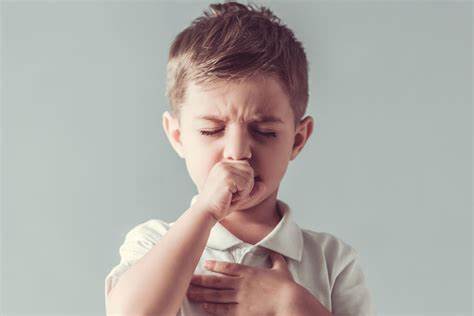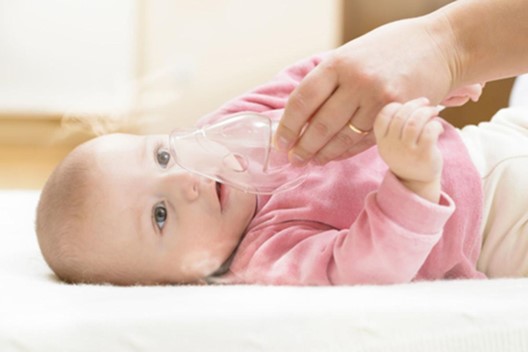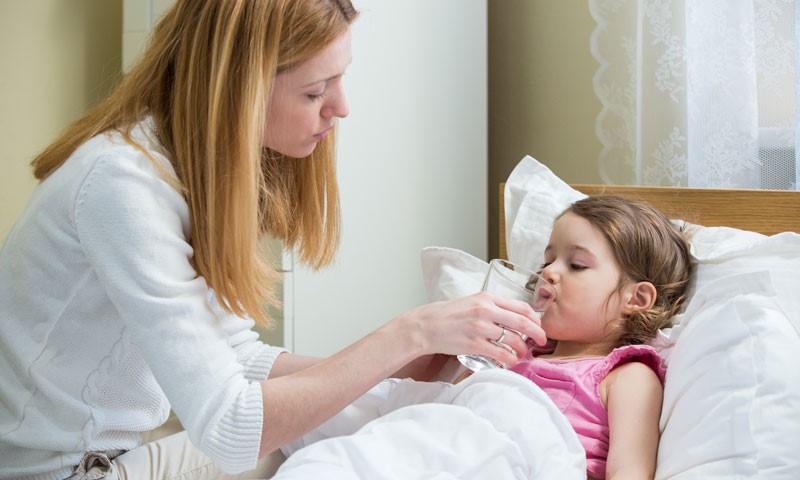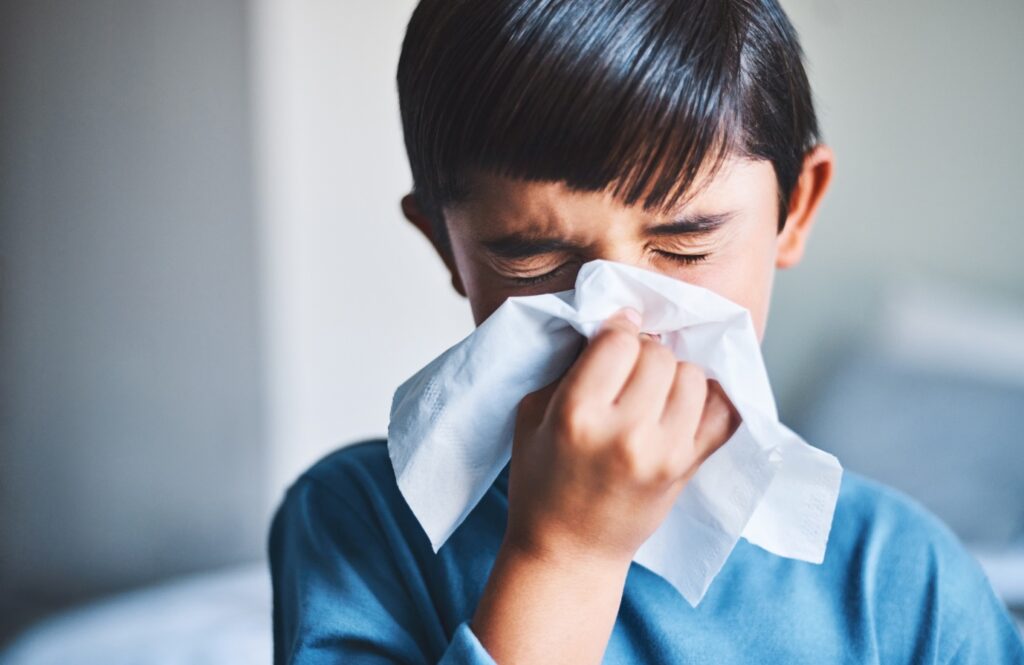Viral infection and swelling of airways, such as the larynx and trachea, is called croup. It is commonly seen between 6 months and 3 years of age. Common during the winter months. It is usually a mild infection, even though it can be severe sometimes. Severe upper airway obstruction caused by croup can rarely lead to respiratory failure and arrest.
What is the cause of croup?
- Viral infections
- Parainfluenza type 1 and 3 causes the majority of cases
- Other viruses are Influenza viruses- A and B, adenovirus, respiratory syncytial virus, and metapneumovirus.
- Very rarely, bacterial infections tend to be more severe
- Allergic reactions
- Inhalation of toxic fumes/chemicals
Common symptoms of croup
It may start as any other viral flu symptoms. Fever, noisy breathing, runny nose, hoarseness of voice, harsh barking cough, and stridor (harsh sound when the child breathes).
Signs of severe croup are difficulty in breathing showing signs like fast breathing, unusually quiet child, abdomen or chest retracting inside with each breath, bluish lips or hands, appearing pale, unable to speak or cry, severe spells of coughing, high-pitched whistling sounds while breathing, agitated child.
How can croup be treated in children?
Mild croup can be effectively managed at home. The symptoms may worsen for the first 2-3 days and then they will start subsiding. The child should be in a position of comfort and calmness. Make sure the child is hydrated by giving them sips of fluids at regular intervals, even though oral intake will be less than usual. Give paracetamol or ibuprofen for fever.
If there is a nasal block, use saline nasal drops. Continue breastfeeding as usual. Observe the child for any danger signs. If any, they should be taken to the emergency room immediately. Antibiotics are not usually needed since it is a viral infection. Cough can last for a while after an episode of croup. In case of mild and moderate croup, your pediatrician will give one oral or IV dose of steroids, which will reduce the airway swelling and send the child home once stridor free.
Post-discharge, always monitor the child at home as croup can return sometimes. For severe croup, the child will be prescribed adrenaline nebulizations in addition to steroids and will be observed for a longer time. Supplemental oxygen will be given if oxygen saturation levels are low.
Investigations done
Investigations are not usually needed in croup and can cause distress to the child and symptoms may worsen. An X-ray may be done if there is suspicion of foreign body inhalation.
How can croup be prevented?
Mamas, like other airborne infections, croup viruses spread through respiratory secretions while coughing and sneezing. The spread of croup can be prevented by isolating the infected child for at least 3 days after the onset of symptoms. Frequent hand washing should be implemented. Use alcohol hand rubs when you are not washing your hands. Avoid sharing towels. Avoid close contact with children and adults having respiratory infections. A balanced diet should be taken to develop good immunity. Flu vaccinations are also advised before the start of winter months.
A insight from mamahood
Mamas, we totally understand that this is a very stressful situation for you, seeing your child coughing and stridor. As explained above, the majority of children will improve with a single dose of steroids with no complications. However, we hope that you will pay attention to any danger signs. Do not force your child to lie down, as they may be more comfortable in the upright position. Cough syrups and antibiotics are not effective in croup. Some cough syrups can cause sedation and it is better to avoid those.








